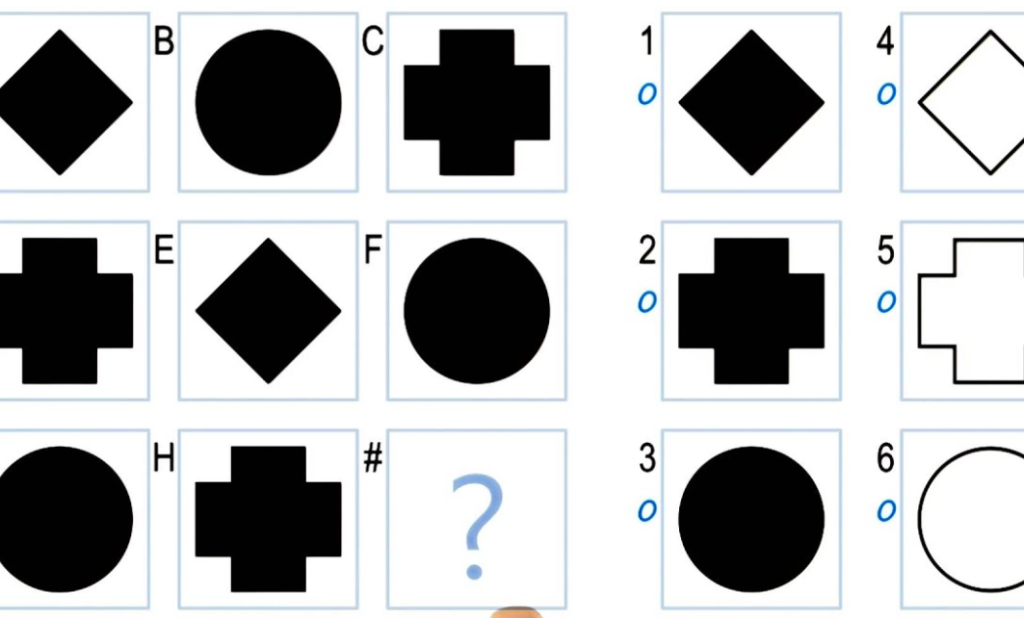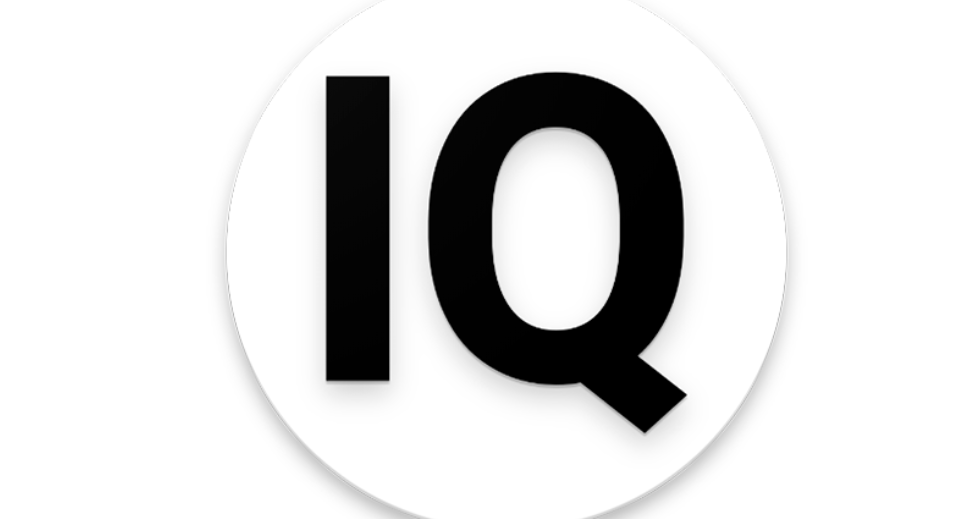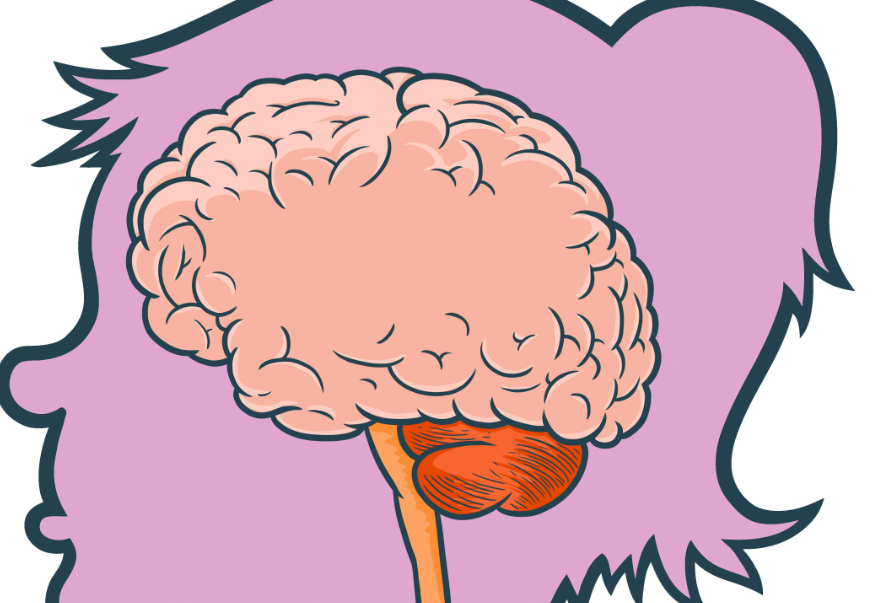How Does Taking an IQ Test Measure Intelligence?
When taking an IQ test, you can expect questions on verbal comprehension, vocabulary, grammar and abstract reasoning. Additionally, processing speed, general knowledge and memory will be assessed.
IQ tests have been around for decades and remain one of the most widely-used psychometric tools worldwide. Unfortunately, they also have a long-standing history of misuse and misperception.
What is an IQ Test?

An IQ test is a way of measuring your intellectual potential. You’ll receive an individual evaluation of your mental capabilities, which can be used as guidance on which educational path you should take and which career might best suit you.
Since the turn of the 20th century, IQ tests have undergone many revisions to more accurately assess intelligence. Nonetheless, they remain controversial due to allegations of cultural bias.
There are various IQ tests, but they all measure the general factor of intelligence known as g. These assessments typically cover several categories of intellectual ability such as factual knowledge, verbal skills and visual-spatial skills.
IQ tests are typically administered and scored by licensed professionals with expertise. After administering and scoring your IQ test, they can analyze your results and offer suggestions for improving it.
How do IQ Tests Work?
Testing your intelligence potential through an IQ Test is a great way to uncover its limits. However, it is essential to remember that tests are only one measure of intelligence; many other factors can also impact how well-developed your cognitive abilities are.
Invented by French psychologist Alfred Binet, IQ tests are now widely used to measure intelligence levels among adults of all ages. These assessments utilize several intelligence scales combined into one score to give a comprehensive measure of one’s intellect.
These include verbal comprehension, visual spatial reasoning, fluid reasoning, working memory and processing speed. Each of these indexes can be scored individually but must be averaged together to produce an overall IQ score.
IQ tests are administered by licensed professionals who specialize in the assessment of mental ability. They possess extensive training on test administration, scoring procedures, and result interpretation.
What are the Different Types of IQ Tests?
Testing your intelligence level with an IQ Test is a great way to determine if you possess the intelligence required for success in a certain career field. You will also gain insight into which educational path would best suit your needs and abilities.
Different IQ tests measure different aspects of general intelligence (g). This ability to reason and solve problems creatively.
Most IQ tests follow a standard format, which includes questions that must be answered within an established time limit. This makes it simpler to assess your speed of thought and accuracy.
Some online IQ test is designed to test a person’s memory ability, while others assess spatial reasoning skills and problem-solving aptitudes. Furthermore, some IQ tests use simulations in order to evaluate candidates’ decision-making skills and strategic thinking abilities.
What are the Results of an IQ Test?

IQ tests are commonly designed to measure various aspects of intelligence, such as logical thinking, problem-solving, verbal aptitude and mathematical aptitude. Some IQ tests also include questions that assess short-term memory and visual perception.
An IQ test’s results are calculated by comparing your performance to that of others who took the same exam. Your score is then converted into a number that allows comparison between people of similar age and gender.
Most IQ test scores follow what is known as the normal distribution, meaning most people will score around or above the average IQ test score. However, a small minority of individuals possess extremely high IQs (over 180).
The IQ test was first created by French psychologist Alfred Binet to assist Parisian schools in identifying children who needed extra assistance with schoolwork. It was later adapted for use in America by Standford University and became widely adopted as the standard IQ assessment for American participants beginning in 1916.

